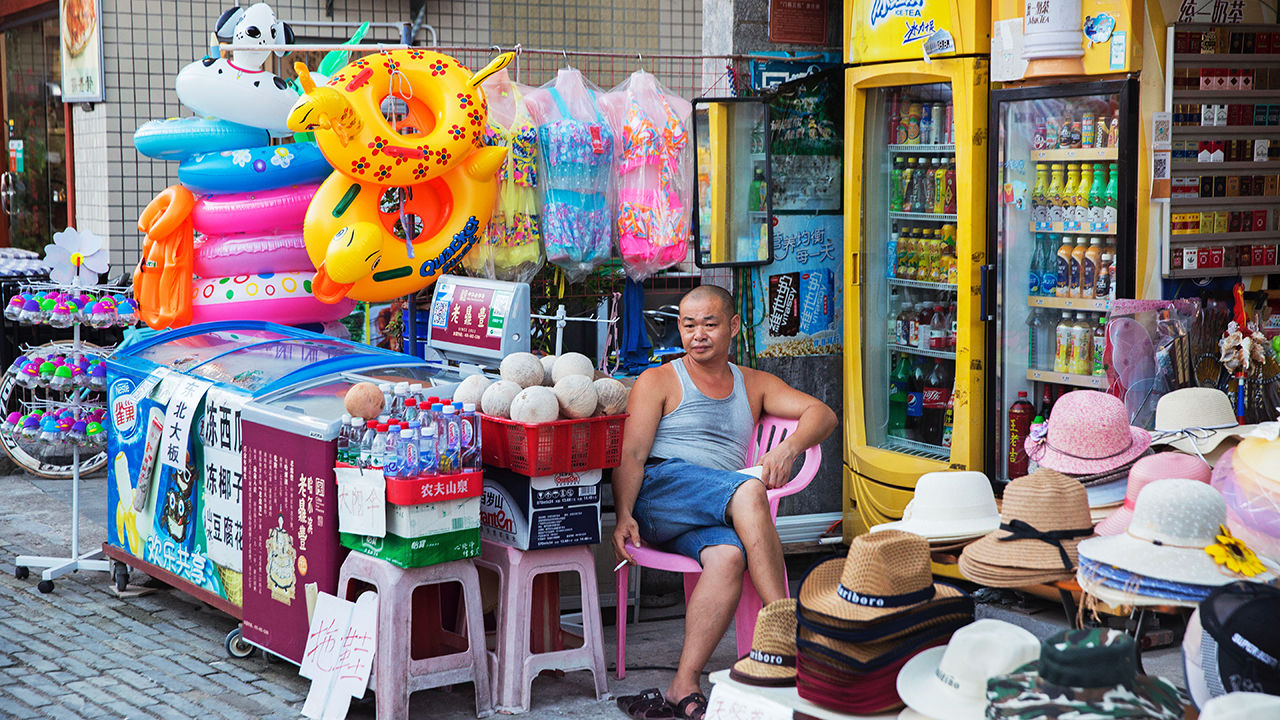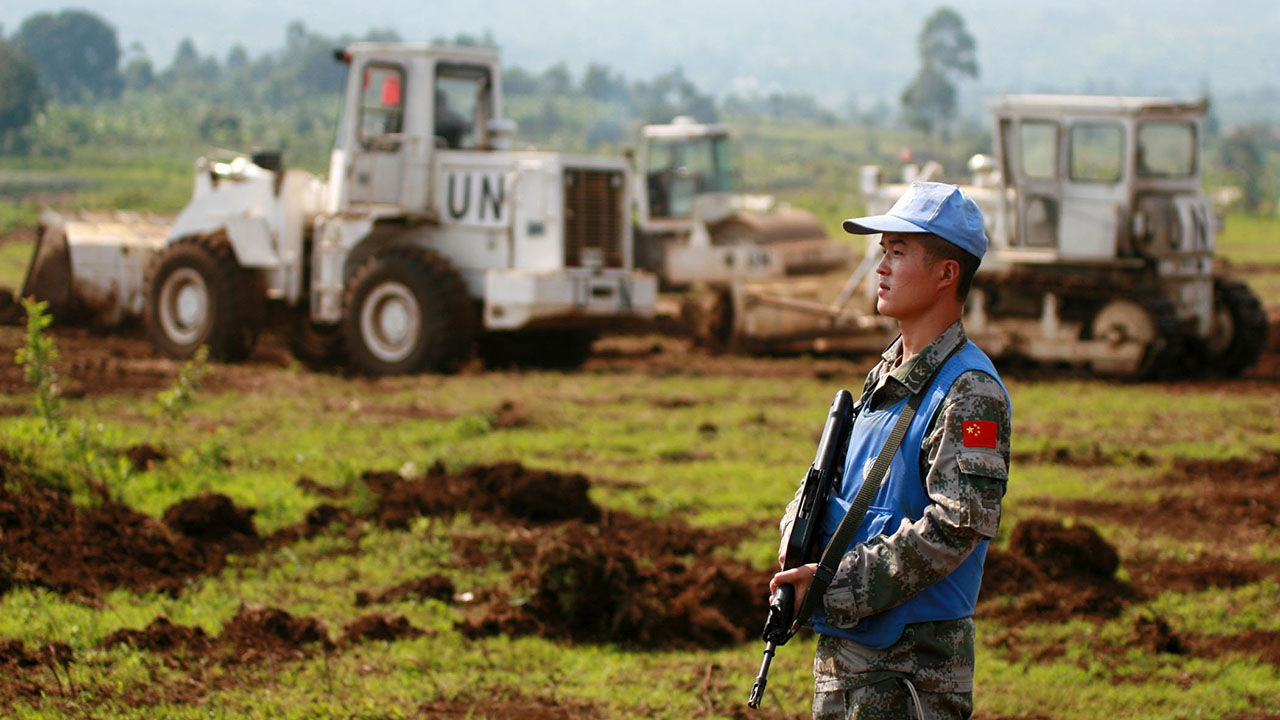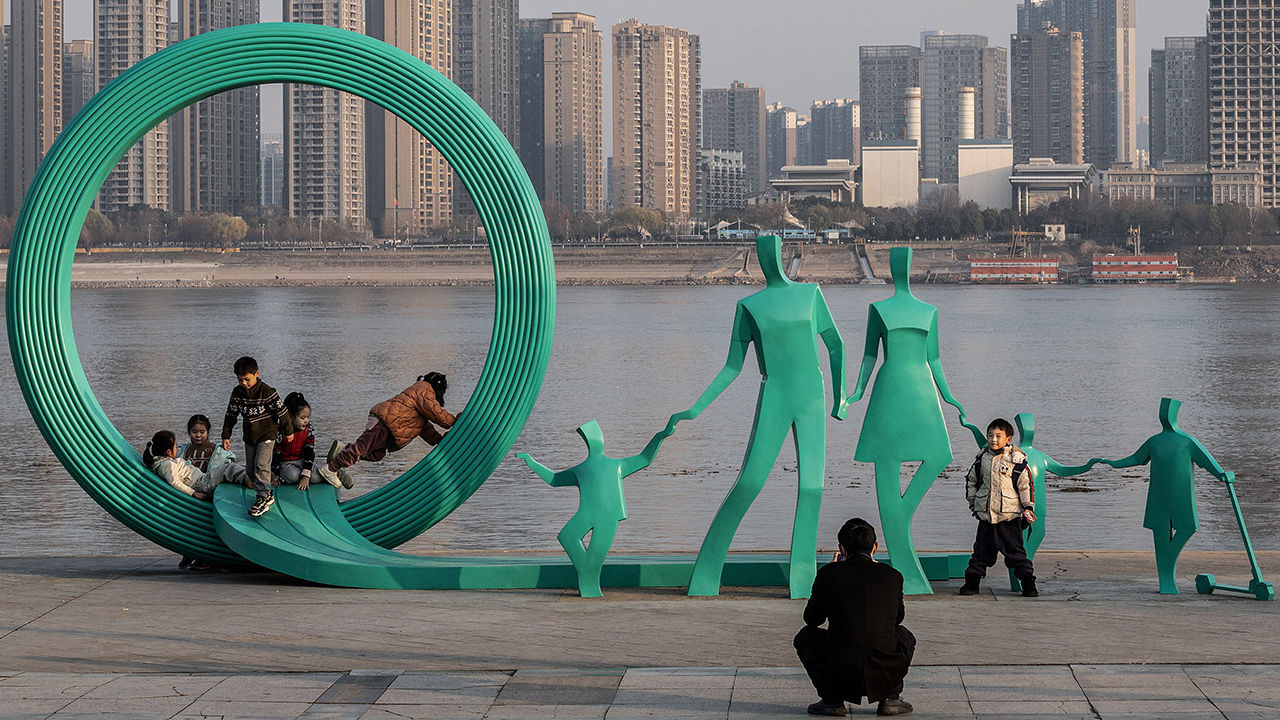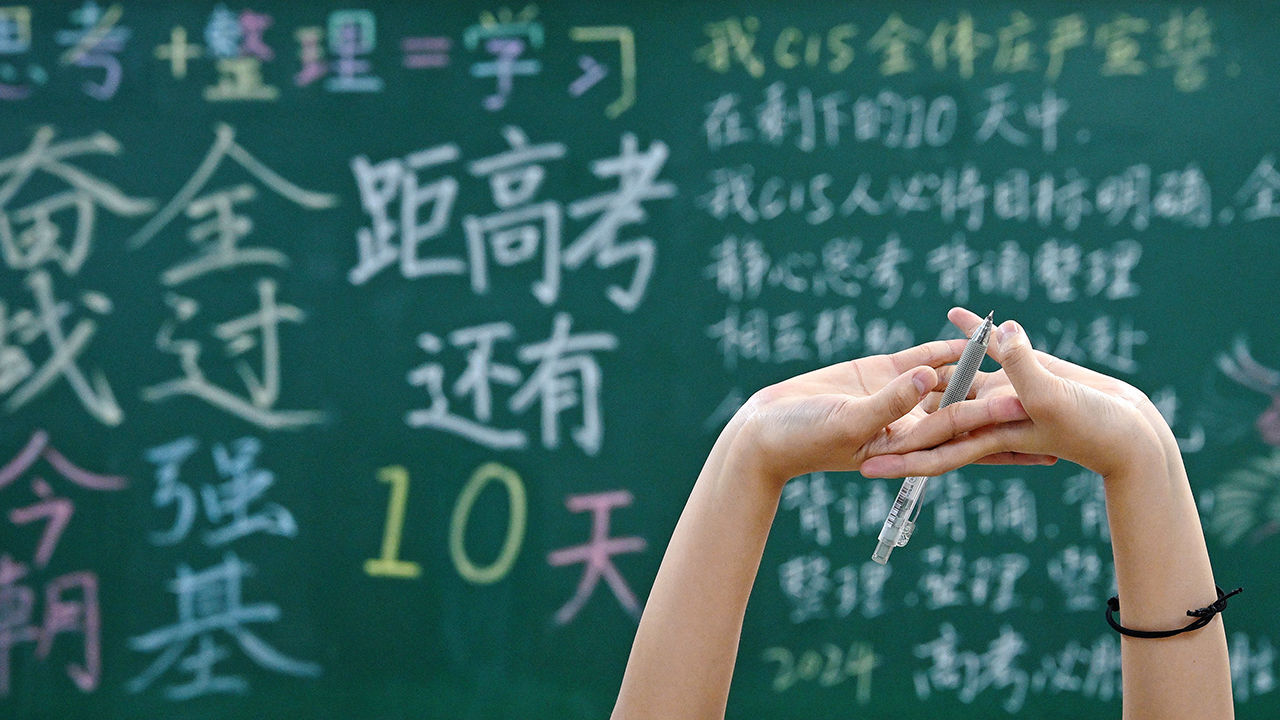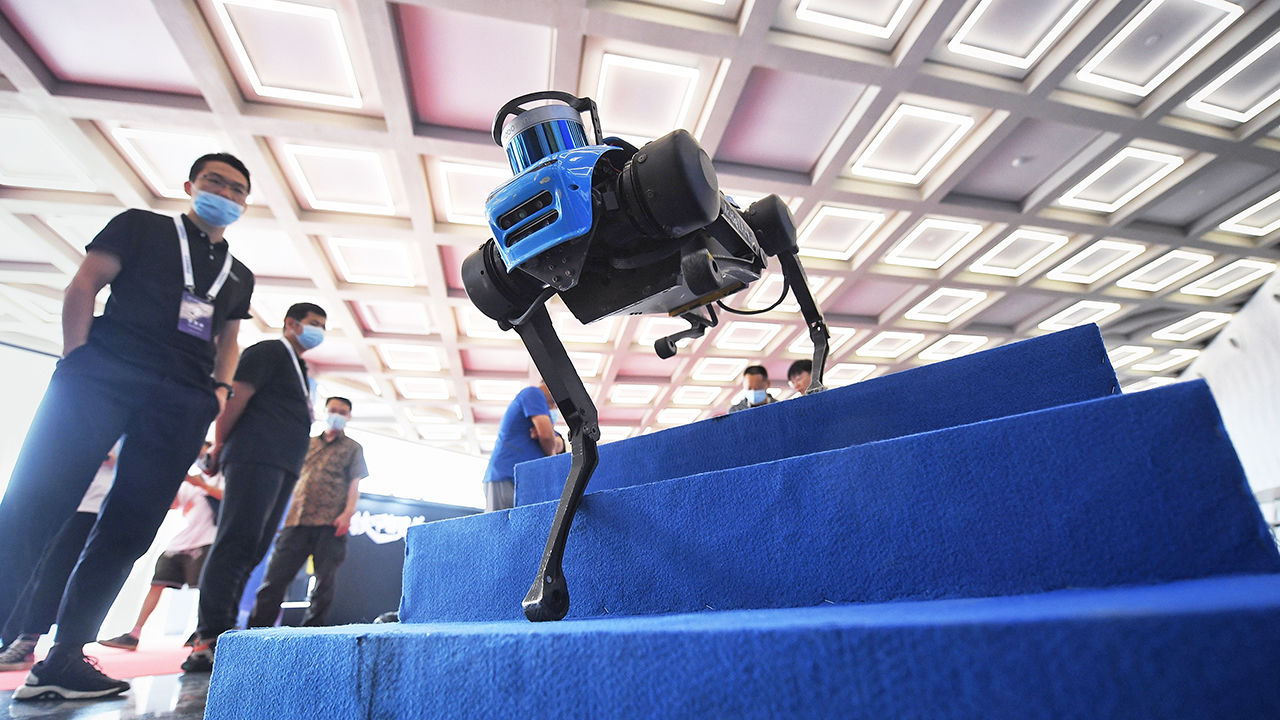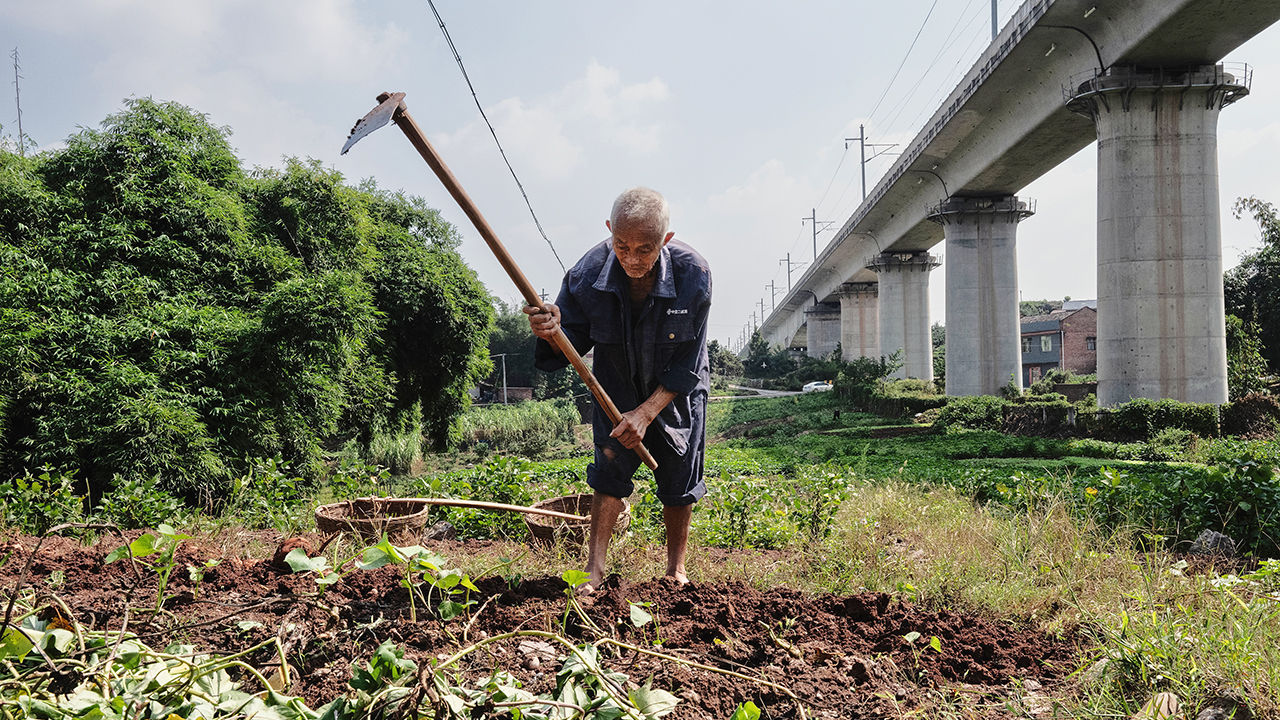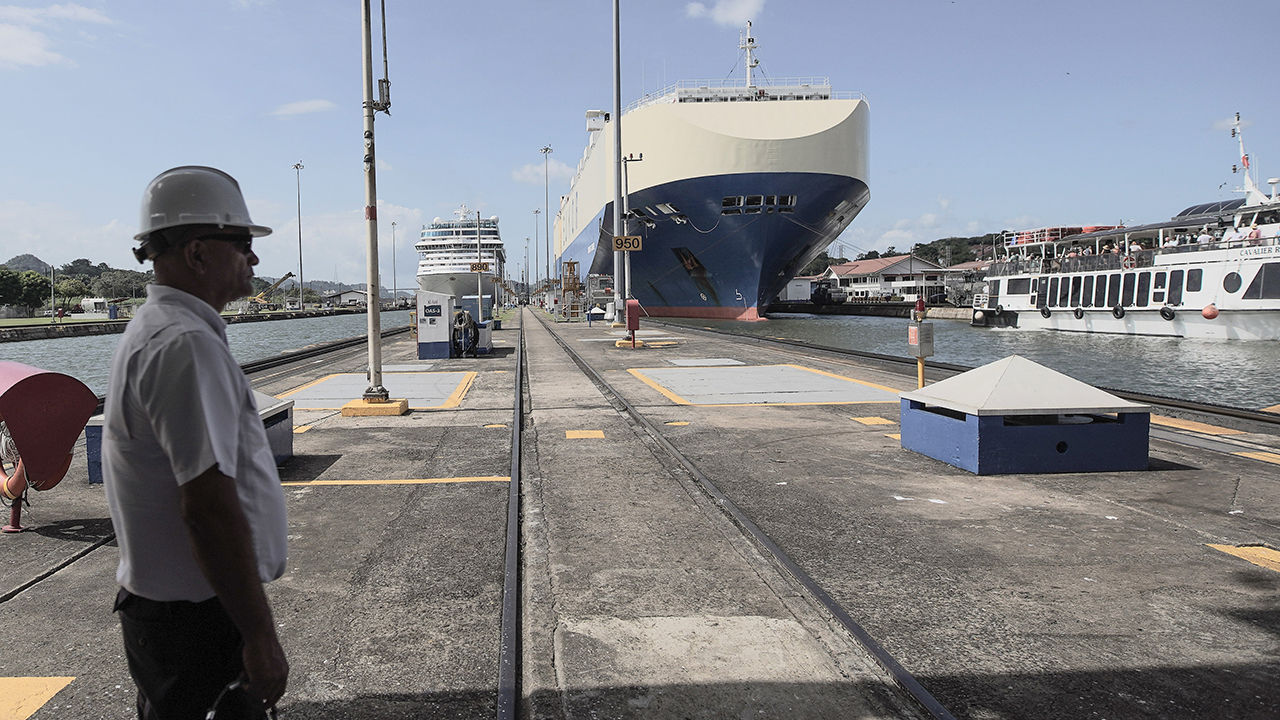There are many things that make Alice Weidel an unconventional leader for a German political party on the hard right. Though her marriage to a Sri Lankan-born woman draws most attention, many in government and business circles are equally intrigued by the time she spent in China before entering politics. Ms Weidel lived there for about six years from around 2006, and learned to speak Mandarin before moving home and joining the Alternative for Germany (afd) party in 2013. The Economist
Month: February 2025
Who works where, doing what, in China
China’s tech bros, including Jack Ma of Alibaba and Liang Wenfeng of DeepSeek, stole all the attention at the high-profile symposium of entrepreneurs held by China’s leader, Xi Jinping, in Beijing on February 17th. Amid all the hoopla, one guest passed almost unnoticed, but his presence may say a lot more about the actual state of China’s economy than the superstars of online commerce and ai. The Economist
Could there be Chinese troops in Europe?
Since russia’s invasion of Ukraine three years ago, China has been a stalwart supporter of its giant neighbour, and has mostly ignored Ukraine. While professing neutrality, it has aided Russia by buying oil and gas and selling technology for weapons. Now, as America and Russia explore talks about ending the war, China sees possible rewards. Despite close ties with the aggressor, it hopes that offers to help resolve the conflict will nurture the image it seeks as a benign great power. The Economist
China’s alarming sex imbalance
“Of course I want to get married,” says Fu, a lorry driver in Yiyang, a far-flung county in Jiangxi province. Once a migrant worker, the 36-year-old returned to the village to live with his ageing parents. They are anxious for him to tie the knot. “But there are few women,” he sighs. The eligible girls around him are all spoken for; others have left to work in cities. The Economist
Chinese authorities try to stop parents gaming the exam system (again)
An ancient Chinese saying states that meng mu san qian: the mother of Mencius, a sage, “moved three times” to find him the right study environment. Tiger mums the world over know the feeling, but few push harder than the Chinese; the game of cat and mouse the Communist Party plays with parents to stop them trying to game the system is legendary. The party has now released new rules to try to stop it. The Economist
Behind DeepSeek lies a dazzling Chinese university
A huge statue of Mao Zedong still stands near the entrance to Zhejiang University, surveying the transformation of the eastern city of Hangzhou, 175km (110 miles) south-west of Shanghai. Such statues look anachronistic wherever they linger across China, but especially so here, and especially after the events of the past few months. The Economist
Hail China’s new “ice-and-snow economy”
It is not known whether Xi Jinping has ever strapped planks to his feet and raced down a mountain at speed. But at a banquet welcoming dignitaries to the opening of the Asian Winter Games in the north-eastern city of Harbin on February 7th, China’s leader made clear that he hoped more compatriots would soon be shredding the gnar. “Ice and snow are as valuable as gold and silver,” he said, suggesting that frozen water could be an engine for Harbin’s “high-quality development”. Plastered across national media, his comments are…
Tensions with the West are fuelling China’s anxiety about food supplies
American soyabean farmers could draw some comfort from the tariffs that China imposed on an array of American imports on February 10th. Foodstuffs like theirs were not affected by China’s countermeasures against the 10% levy on Chinese imports that had been ordered a few days earlier by President Donald Trump. But growers in farming states like Illinois and Iowa still have reason to worry. China’s leader, Xi Jinping, wants to wean his country off food from the West. Amid rising geopolitical tensions, he sees self-sufficiency and diversity of supply as…
Panama symbolises the Sino-American struggle for influence
Panama responded quickly to Donald Trump’s rhetoric about Chinese influence in the Panama Canal. On February 2nd it said it would not renew participation in the Belt and Road Initiative (bri), China’s global-development scheme, and it has launched an audit of the Hong Kong firm that runs the ports at each end of the canal. Leaders are reported to be considering cancellation of the contract. The Economist
China Maritime Report No. 45: The PLA Navy’s Hospital Ship Fleet: Concerns, Developments, and Future Prospects
Main Findings The PRC’s hospital ship ecosystem comprises at least 17 vessels. The People’s Liberation Army Navy (PLAN) operates 13 ships, while the state ship building sector has developed (or is developing) at least four civilian hospital ships for domestic and foreign clients. PLAN hospital ships serve two main missions: (1) Provide medical support to PLA personnel, especially those stationed around the mainland or on Chinese-occupied islands in the South China Sea. (2) Support maritime global health engagement, chiefly through missions conducted by the Peace Ark hospital ship. Almost a…

